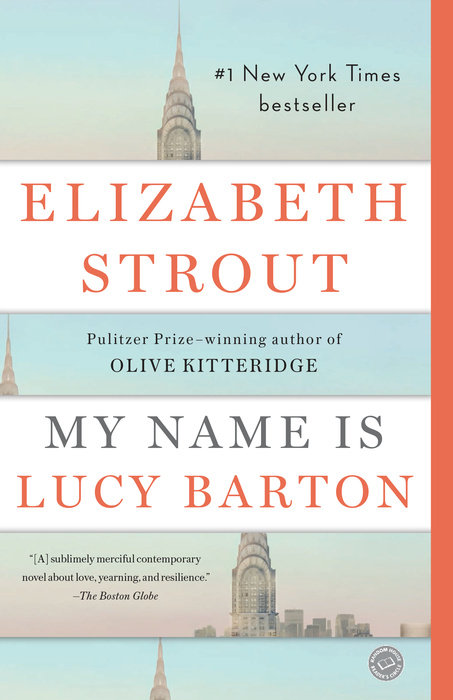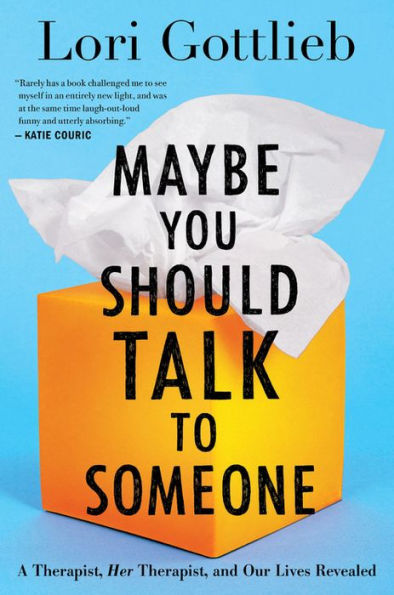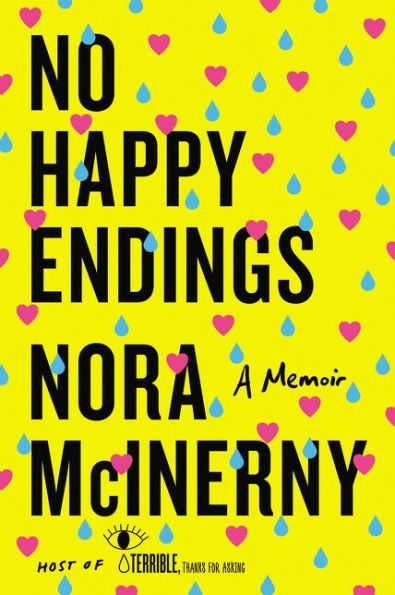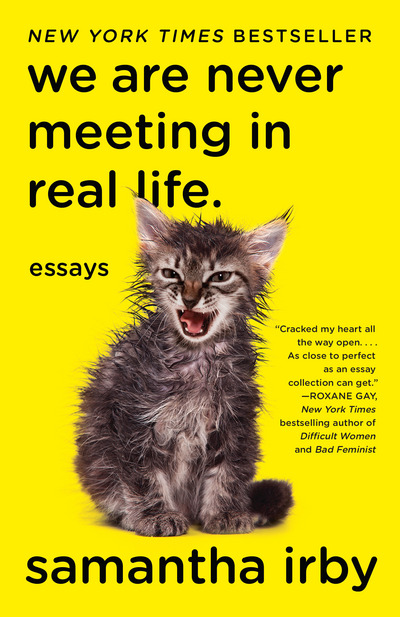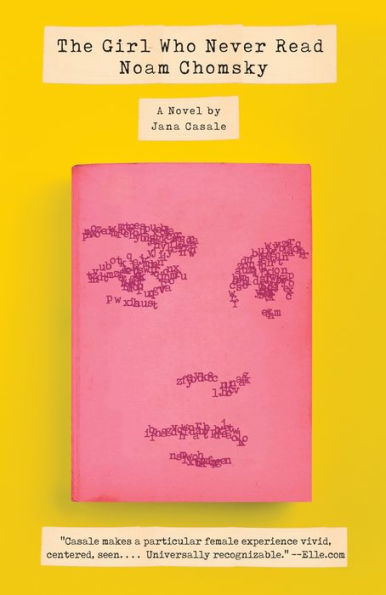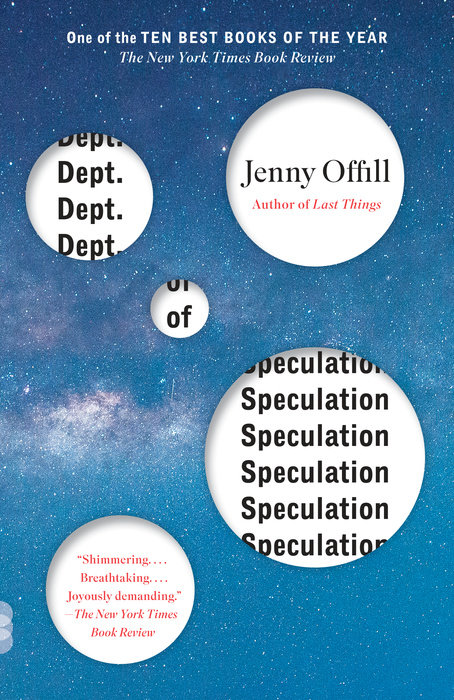Recently, a reader told me she took a copy of my new memoir-in-essays, I MISS YOU WHEN I BLINK, to her therapist and said, “Here. This explains everything.” Just days later, a friend who is a therapist told me she has started prescribing the book to her patients whenever they’re feeling stuck and dreaming of reinvention. I love it—books as therapy! What especially delights me about all this is that my book isn’t even a self-help book; it’s just a first-hand account of a relatively ordinary life. But maybe that’s what narratives, nonfiction and fiction alike, have in common with therapy: They make us feel seen and assure us that we’re not the only ones feeling how we feel. On that note, here are six books—three memoirs, three novels—worth several times their cover price in therapeutic value.

6 Reads (Almost) As Good As a Therapy Session
You might go to therapy to deal with one thing—marital problems, friendship drama, work struggles, whatever—but often the conversation comes back to issues rooted in childhood. Save yourself a session by reading Elizabeth Strout’s novel and processing your mother issues vicariously. This quietly devastating story about unpacking family baggage centers around thirty-something Lucy and her estranged mother.
As Lucy Barton recovers from an operation, her mother, to whom she hasn’t spoken for many years, comes to see her. Though gentle gossip seems to reconnect them, just below the surface Lucy recognizes a familiar tension and a longing to escape from her troubled family and become a writer.
A practicing psychotherapist who’s also the voice behind the “Dear Therapist” column at The Atlantic, Lori Gottlieb writes about a handful of her regular clients as well as her own journey into therapy after a bad breakup. Perhaps this one’s a little too on-the-nose for this list, but come on—it’s by a therapist who’s also in therapy! Read this if you’ve been thinking about booking a session but wonder what it’s really like. (Warning: If you’re already in therapy, this book may make you wonder what your therapist is thinking about you when you're not in her office.)
MENTIONED IN:
If you or someone you care about is trying to start over after losing a spouse or loved one, the follow-up to McInerny’s first book, (IT’S OKAY TO LAUGH: (CRYING IS COOL TOO), is just the warm, conversational guide you need. And if that’s not you, pick up this book anyway and flip to “How to Have a Total Breakdown,” a hilarious and emotionally accurate chapter that applies to absolutely everyone who has ever fallen apart, even just for an hour.
You’re wasting your money on therapy if you don’t open up. Encourage and empower yourself to share your indignities and insecurities by reading this memoir-in-essays by Irby, who sets a spectacular example of vulnerability. Whether she’s talking about sticking to a budget, finding love, or the embarrassment of inflammatory bowel disease, she lets it all hang out—to extremely entertaining effect.
One of the greatest benefits of therapy is finding out you’re not alone, and that’s how Casale’s book made me feel. Nothing grand or extraordinary happens in this novel; it’s a peek into the interior life of an everywoman named Leda, whom we meet in college and follow all the way to old age. Her dreams, disappointments, and little internal bargains will feel familiar to all those readers who may not be superheroes or celebrities, but who are the main characters in their own life stories.
MENTIONED IN:
Get a head start on couples therapy by spending some time with this stunningly adept articulation of the ups and downs of marriage. It’s one of the best novels I’ve ever read when it comes to illuminating the tension between being an individual and being part of a pair. Short, spare, and filled with both dry humor and painfully acute truths—not to mention quirky cultural references and song lyrics—it’s also just a joy to read.

